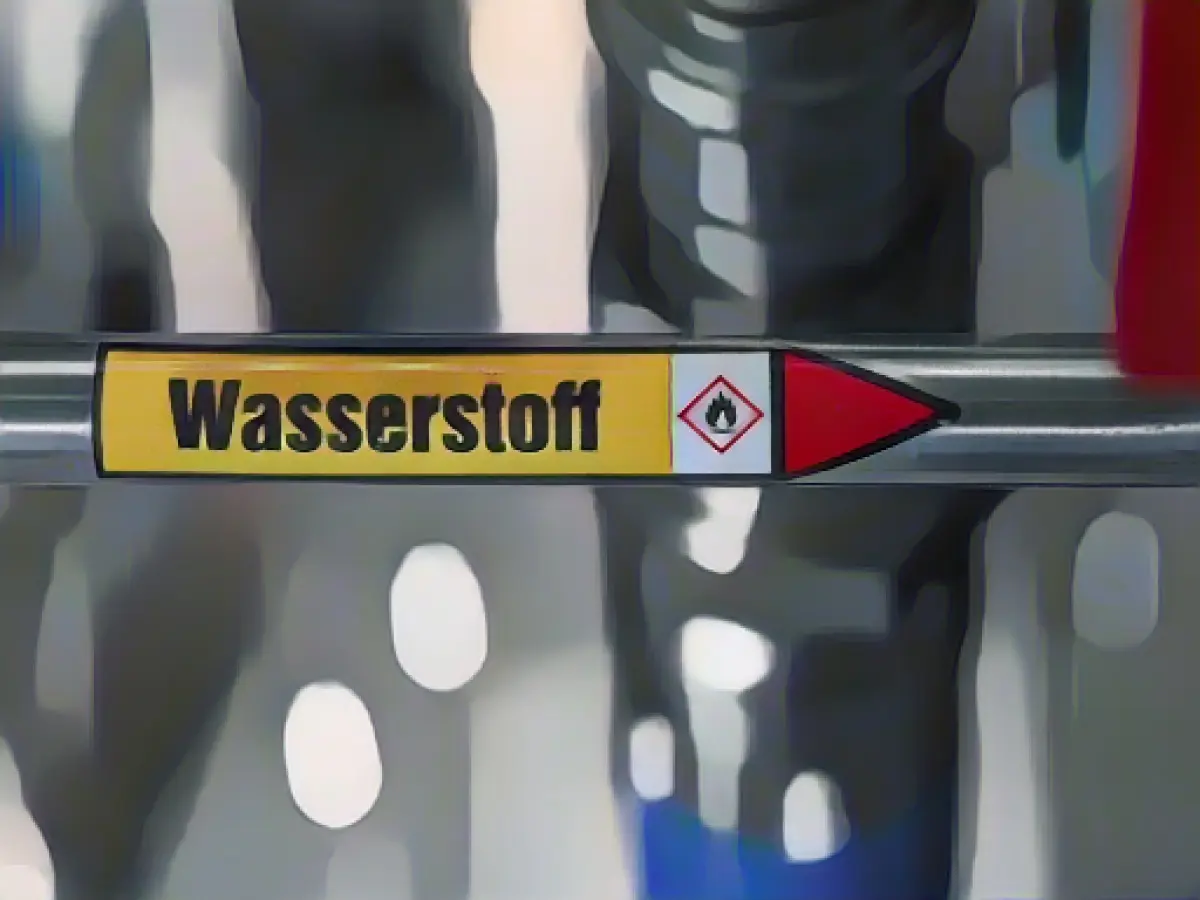BASF: Funding approval for the production of CO2-free hydrogen
With a joint funding commitment from the Federal Ministry of Economics and the state of Rhineland-Palatinate, the chemical company BASF has come closer to producing CO2-free hydrogen. Franziska Brantner, Parliamentary State Secretary in the Ministry of Economic Affairs, handed over the corresponding notification to BASF site manager Melanie Maas-Brunner in Ludwigshafen on Thursday in the presence of Minister President Malu Dreyer (SPD). The federal and state governments are supporting the project with up to 124.3 million euros, of which up to 37.3 million euros will come from Mainz.
BASF and Siemens Energy plan to commission the water electrolysis plant in 2025. Powered by electricity from renewable energy sources, the plant will produce CO2-free hydrogen and thus reduce greenhouse gas emissions at the Ludwigshafen site by up to 72,000 tons per year. With an output of 54 megawatts and a capacity of up to 8,000 tons of hydrogen per year, the so-called proton exchange membrane electrolyser (PEM) will be one of the largest of its kind in Germany.
Maas-Brunner emphasized that the chemical industry needs hydrogen with a low CO2 footprint primarily as a raw material. "It will also become increasingly important for BASF as an energy source in the long term." The funding commitment is "a milestone on the way to net-zero CO2 emissions and at the same time a signal for the performance of the Ludwigshafen site".
The approval of funding for BASF's project signifies a significant step in the field of Chemistry, as it aims to produce CO2-free hydrogen, which directly contributes to reducing Energy consumption and mitigating Climate change at their Ludwigshafen site. The production of CO2-free hydrogen through the commissioned water electrolysis plant, powered by renewable energy sources, will not only decrease greenhouse gas emissions but also serve as a long-term energy source for BASF.
Source: www.dpa.com








